World 1901-present
Some of the most profound and influential changes in world history take place from 1901 to today and covered here are many of the important and well known ones as well as some of the smaller stories. In terms of reach this section covers huge themes on diplomacy, post imperialism and economics. The articles cover the time period right up into recent events such as the State of the Union address by the US President Barrack Obama.
Sort by:
Date (Newest first) | Title A-Z
Show:
All |
Articles |
Podcasts |
Multipage Articles
-

Cunning Plan 99: 'a world study after 1900'
ArticleClick to view -

Decolonise, don’t diversify: enabling a paradigm shift in the KS3 history curriculum
ArticleClick to view -

Developing transferable knowledge at A-level
ArticleClick to view -
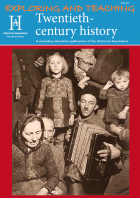
Exploring and Teaching Twentieth-Century History
ArticleClick to view -
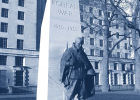
Exploring and Teaching the Korean War
Multipage ArticleClick to view -

Film: China's Good War
ArticleClick to view -

Film: Rethinking the origins of the Cold War
ArticleClick to view -

Film: The Kennedys and the Gores
ArticleClick to view -

Film: Why does the massacre of the Armenians in the First World War still get overlooked?
ArticleClick to view -
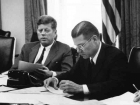
Finding the place of substantive knowledge in history
ArticleClick to view -
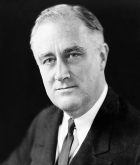
Franklin D. Roosevelt and the New Deal
ArticleClick to view -

Free Film Education Resources
ArticleClick to view -
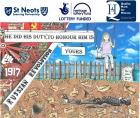
From St Neots to Siberia: an HA Quality Mark Community Outreach Project
Multipage ArticleClick to view -

Helping Year 9 debate the purposes of genocide education
ArticleClick to view -

Helping Year 9 to engage effectively with ‘other genocides’
ArticleClick to view -
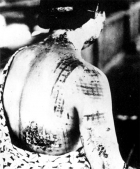
Hiroshima and Nagasaki: Introducing students to historical interpretation
ArticleClick to view -

History, citizenship and Oliver Stone
ArticleClick to view -

Hitting the right note: how useful is the music of African-Americans to historians?
ArticleClick to view -
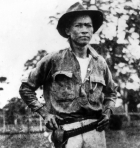
How introducing cultural and intellectual history improves critical analysis in the classroom
ArticleClick to view -

How representing women can convey a more complex narrative of the Russian Revolution to Year 9
ArticleClick to view

